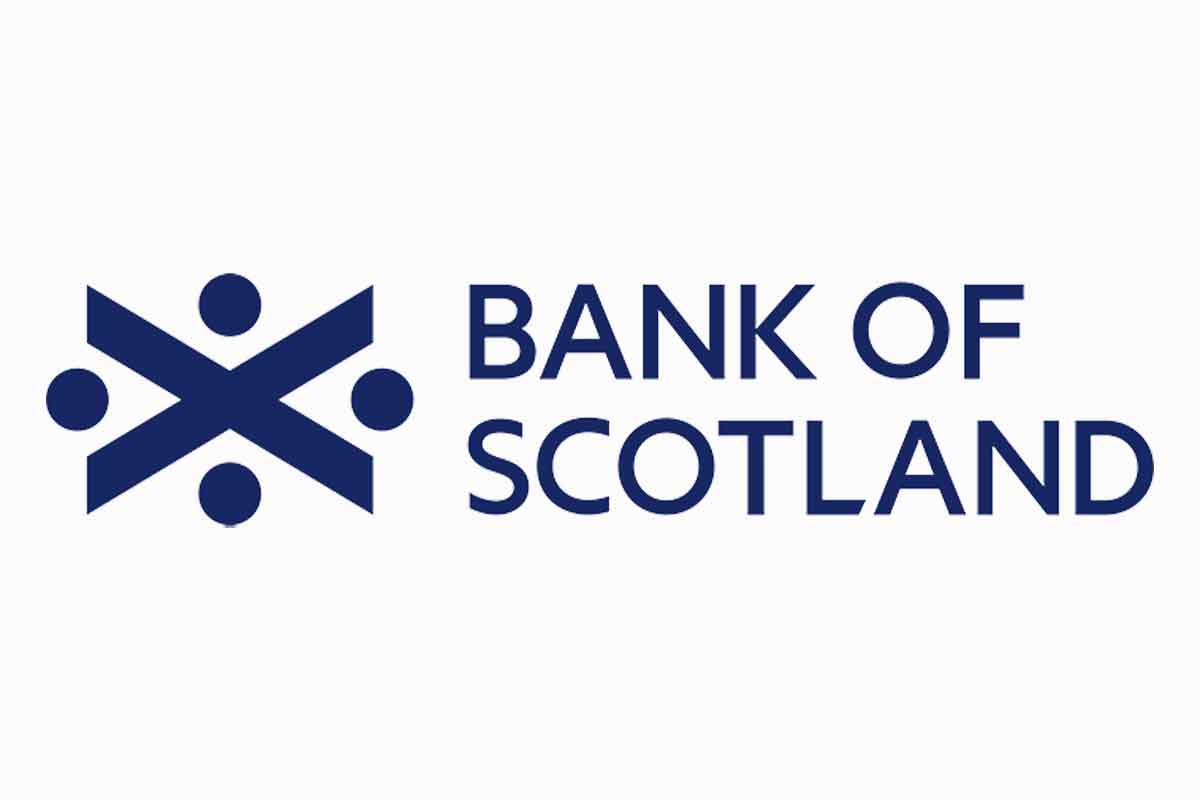In the realm of finance, bridging loans have long been a valuable tool for businesses seeking temporary funding solutions. Traditionally, Bank of Scotland has been a go-to choice for bridging loans in the UK.
However, recent changes have left many business owners in search of alternative options. This article aims to shed light on the current situation regarding Bank of Scotland’s bridging loans and explore viable alternatives for businesses in need of short-term financing.
Featured pro tools
The shift in Bank of Scotland’s bridging loan policy
Bank of Scotland has undergone a strategic shift in its lending practices, and unfortunately for business owners, this includes the withdrawal of bridging loan services for commercial customers. The bank no longer offers bridging loans specifically tailored to businesses. Instead, their bridging loan products are now exclusively available to private banking customers.
Understanding bridging loans
Before delving into alternatives, let’s briefly revisit the concept of bridging loans. Bridging loans are a type of short-term financing that bridge the gap between the purchase of a new property and the sale of an existing one, or they can be used to cover temporary funding gaps in various business situations. These loans are typically taken out for relatively short periods, usually between one and 18 months.
Exploring alternative lenders
While the Bank of Scotland’s shift may have left businesses feeling disheartened, it is essential to remember that the UK financial market is vast and there are alternative options available. Here are a few potential alternatives worth considering:
Other high-street banks
Several other high-street banks continue to offer bridging loans to businesses. Conduct thorough research to explore the specific offerings and terms of each institution. Be sure to consider factors such as interest rates, repayment terms, and eligibility criteria to find the best fit for your business.
Specialist lenders
There is a range of specialist lenders and private finance companies in the UK that provide bridging loans to businesses. These lenders often offer flexible terms, quicker decision-making processes, and tailored solutions to meet specific business needs. However, it is crucial to conduct due diligence and carefully review the terms and conditions before proceeding with any specialist lender.
Peer-to-Peer lending
Peer-to-peer lending platforms have gained popularity in recent years, connecting businesses directly with individual investors willing to lend money. Such platforms often provide quicker access to funds and more streamlined application processes compared to traditional lenders. However, interest rates and terms may vary, so ensure you thoroughly understand the terms and assess the credibility and track record of the platform before proceeding.
Commercial mortgage
In cases where the need for funding is driven by property transactions, a commercial mortgage might be a viable alternative. Commercial mortgages offer longer-term financing solutions for purchasing or refinancing commercial properties. While they may have more extensive requirements and longer approval processes, they can provide stability and lower interest rates for businesses with more extended financing needs.
Conclusion
The Bank of Scotland’s decision to discontinue offering bridging loans to businesses has undoubtedly created a void in the market.
However, there are numerous alternatives available to meet the short-term financing needs of businesses.
By exploring options such as other high-street banks, specialist lenders, peer-to-peer lending, or considering commercial mortgages, businesses can find suitable solutions tailored to their specific requirements.
When seeking alternative bridging loan options, it is imperative to conduct comprehensive research, carefully review terms and conditions, and consult with financial professionals, including legal and financial advisors, to ensure that the chosen solution aligns with your business goals and financial capabilities.
Bank of Scotland bridging loans – FAQ
Bank of Scotland made a strategic decision to focus its lending services on private banking customers. As part of this shift, the bank discontinued its bridging loan offerings for businesses. The precise reasons behind this decision are internal to the bank’s business strategy and are not publicly disclosed.
Yes, Bank of Scotland still offers bridging loans to private banking customers. Private banking customers typically have higher net worth or specific banking relationships that qualify them for tailored financial services, including bridging loans.
As specific interest rates for bridging loans can vary based on factors such as loan amount, duration, and individual circumstances, it is best to consult directly with Bank of Scotland or review their current offerings to obtain accurate and up-to-date information regarding interest rates.
Yes, several other high-street banks in the UK continue to offer bridging loans to businesses. It is recommended to research and compare offerings from different banks to find the most suitable terms and conditions for your business.
When considering alternative lenders, it is important to evaluate factors such as interest rates, repayment terms, eligibility criteria, application processes, and overall reputation and credibility of the lender. Conduct thorough research, review customer feedback, and consider seeking advice from financial professionals before finalising any borrowing decisions.
While Bank of Scotland may no longer offer bridging loans to businesses, they may still provide various other financial services and products for business customers. It is advisable to contact Bank of Scotland directly or visit their website to explore alternative financing options they may offer.
If you currently have a bridging loan with Bank of Scotland, it is recommended to consult with the bank directly to discuss your options for refinancing or repayment. They can provide guidance based on your specific circumstances and may offer alternative financing solutions within their range of products.
Please note that the answers provided here are based on general information and may not reflect the most recent policies or changes made by Bank of Scotland. For accurate and up-to-date information, it is best to contact Bank of Scotland directly or consult with a financial professional.

